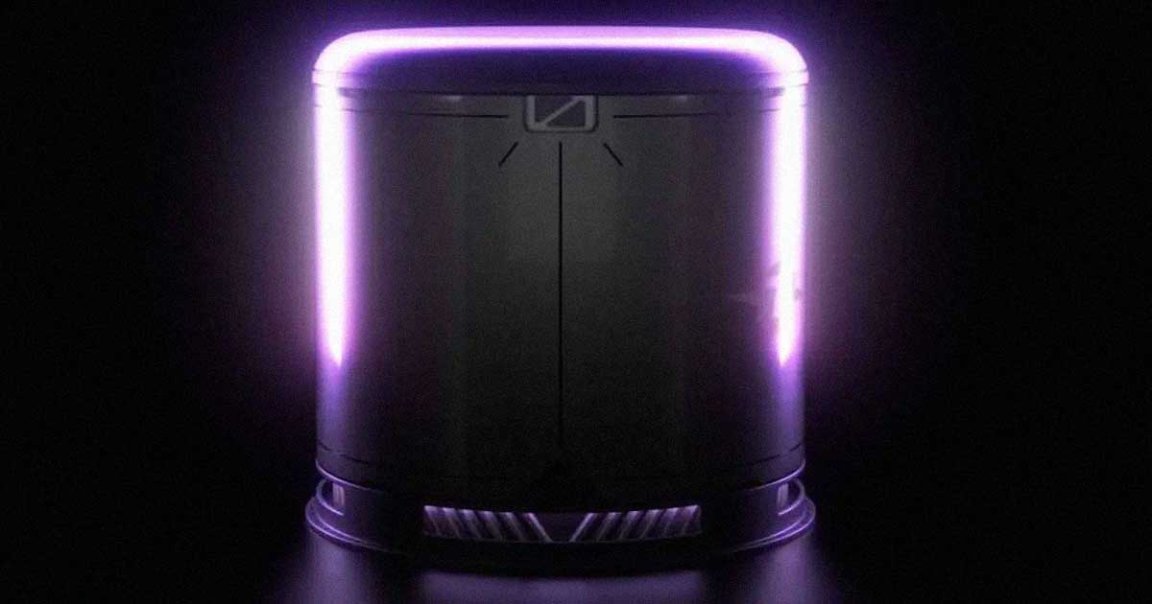
Yet another startup says it’s nearing tests for a system that could once and for all prove the technology can actually generate more energy than it consumes, The New York Times reports.
Seattle-based startup Zap Energy says its approach to fusion energy — potentially an entirely green source of renewable energy — is far simpler and cheaper than other attempts.
But critics are crying foul, arguing that we’re merely stuck in yet another round of “fusion energy fever,” according to the report.
Despite Zap Energy and several dozen other startups claiming fusion energy could be right around the corner, it’s historically proven to be one of the hardest energy nuts to crack since the 1950s.
Scientists have yet to create a system that can reliably produce more energy than it needs to kickstart the reaction, which itself often proves highly volatile and hard to predict.
But that hasn’t stopped these startups from repeatedly making hype-fueled claims about the steps they’ve taken towards practical nuclear fusion, year after year.
Zap Energy is hoping to scale things down and develop a kind of system that has already been ditched by other fusion companies in favor of much bigger and more complex reactors, according to NYT.
The company is hoping to produce a surplus of energy — or at least break even — by compressing a cloud of particles called a “shaped plasma gas” with a magnetic field inside a six-and-a-half foot vacuum tube, a process known as a “sheared flow Z-pinch.”
But critics still aren’t impressed.
“That these claims are widely believed is due solely to the effective propaganda of promoters and laboratory spokespersons,” Daniel Jassby, a retired plasma physicist at Princeton University, told the newspaper.
If Zap Energy is indeed able to turn its ambitious plans into reality — a big if, judging by the last 70 or so — each of its reactors would be able to power at least 8,000 homes, the company claims.
The company still has some ways to go, and is still working on constructing a power supply beefy enough to compress the plasma, according to the NYT.
Only once the reactor kicks into action, after all, will we be able to evaluate if there’s any truth to their claims.
Updated to more accurately reflect Zap’s timeline and goals.
READ MORE: A Big Step Toward Fusion Energy Is Hailed by a Seattle Start-Up [The New York Times]
More on fusion: Startup Claims Fusion Power “Breakthrough” Using Massive Gun